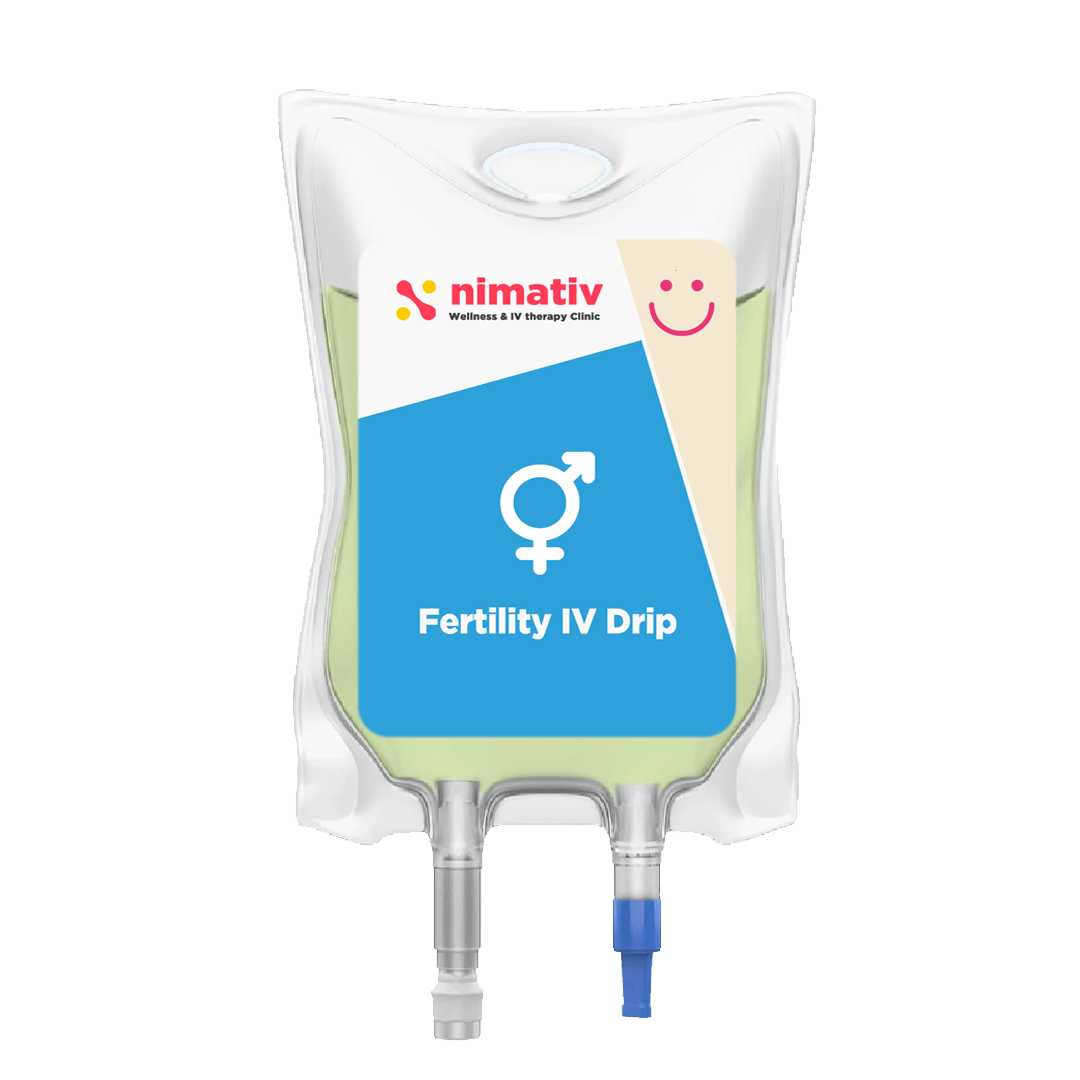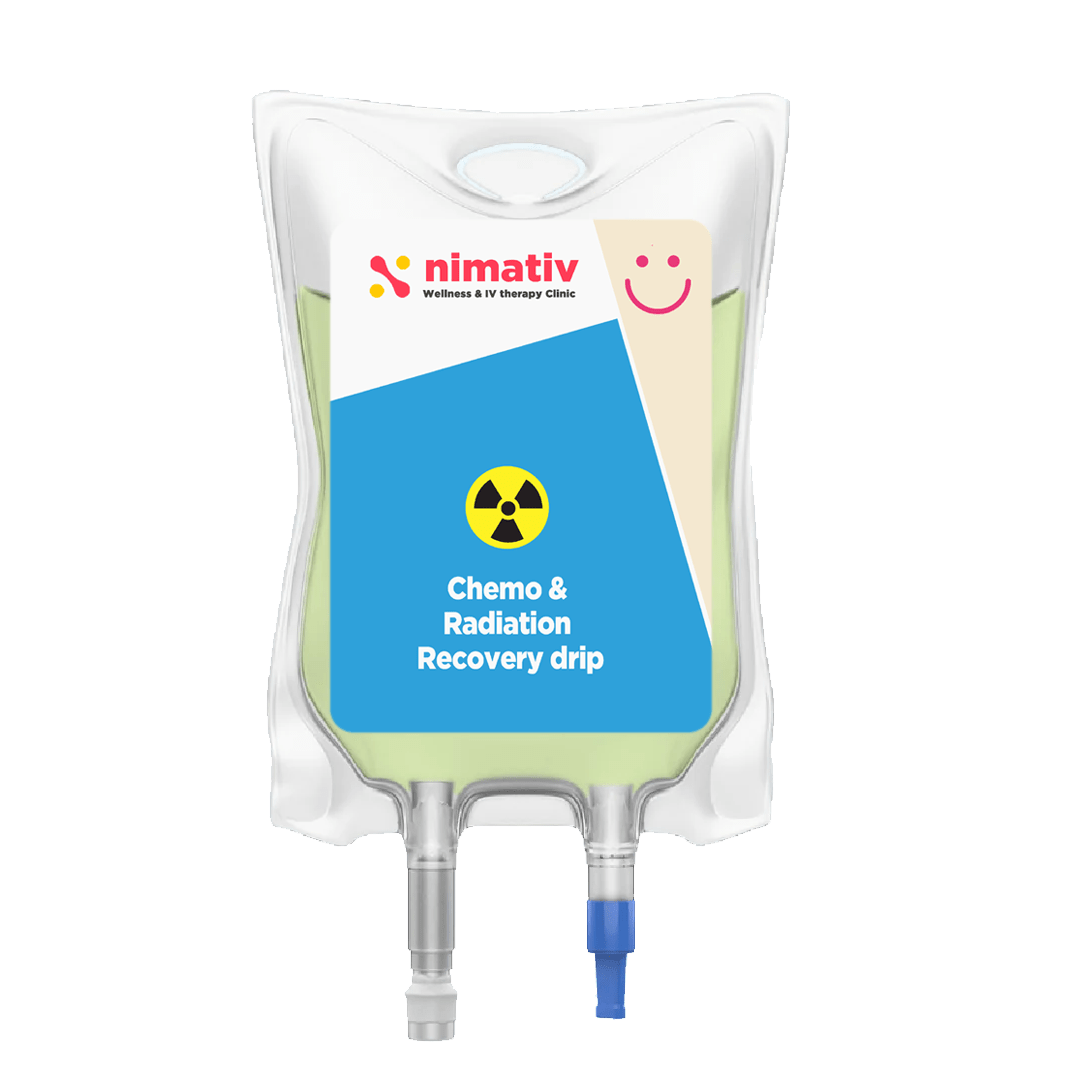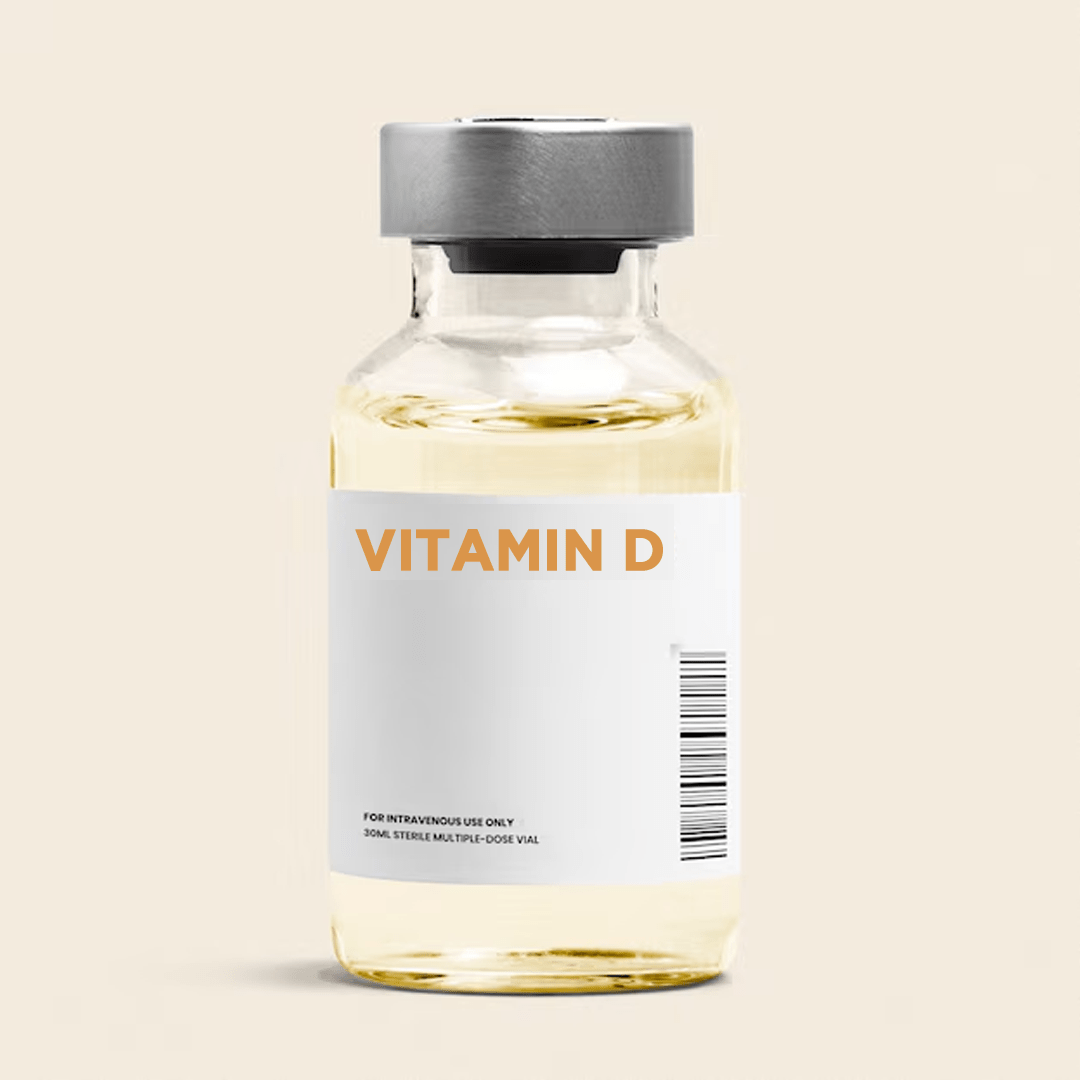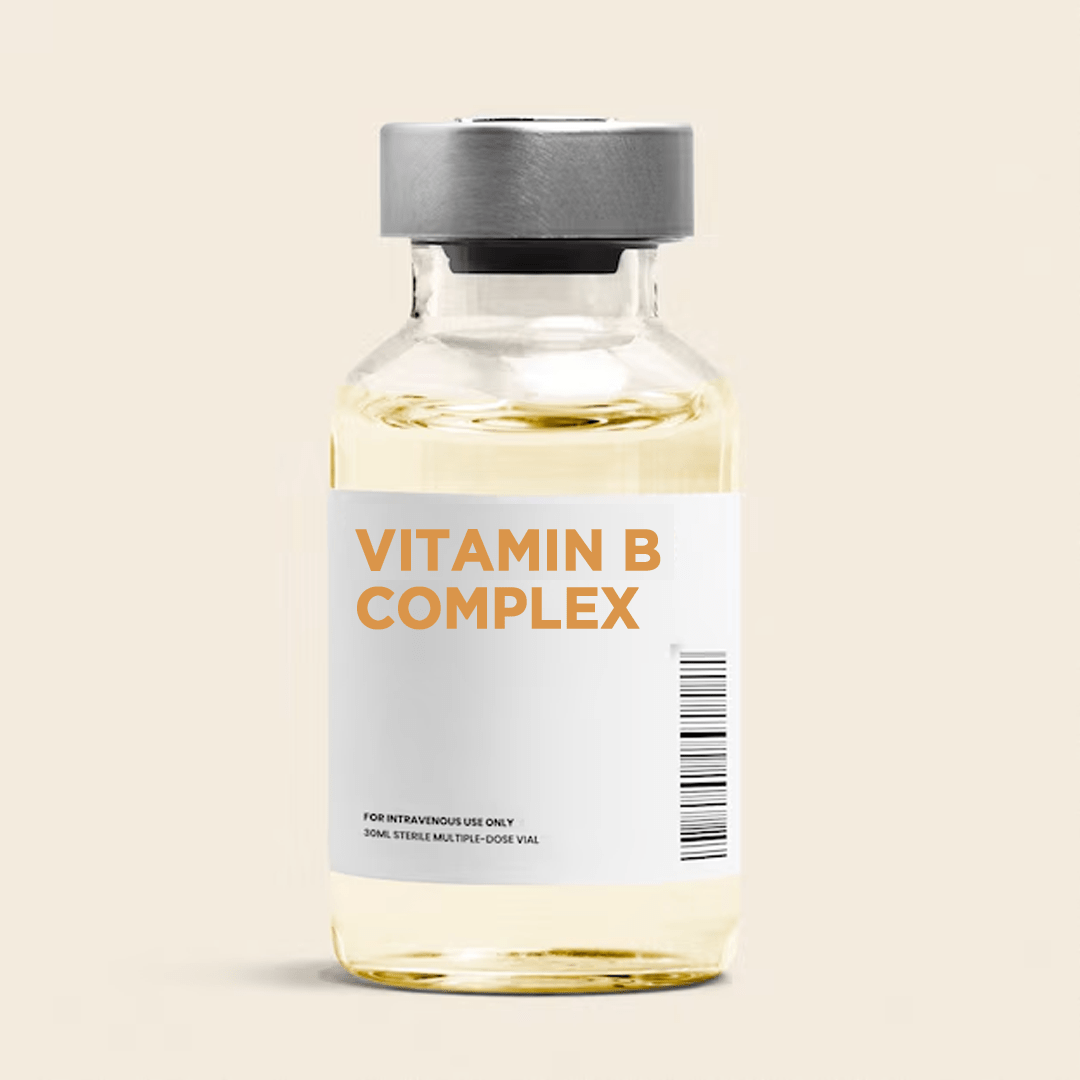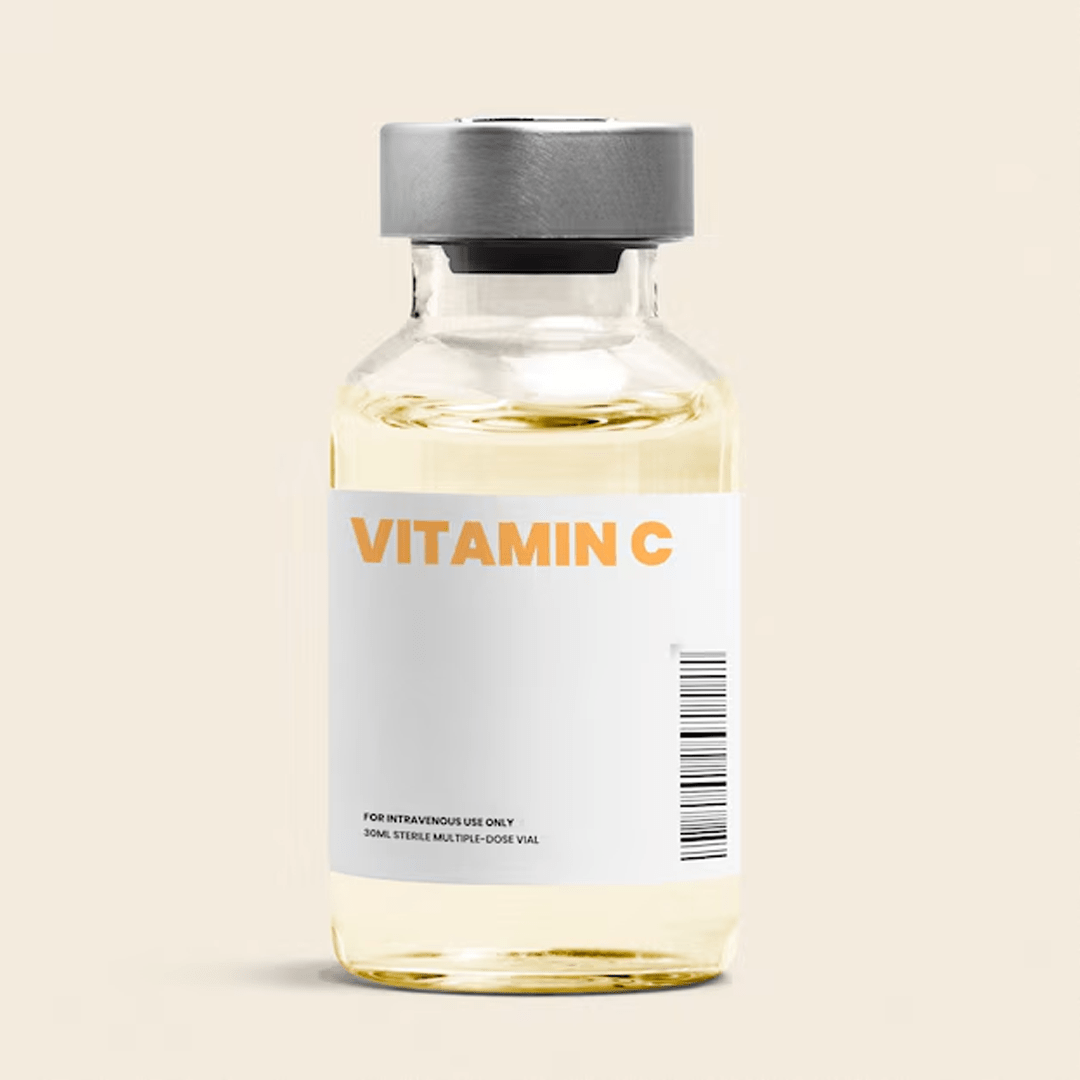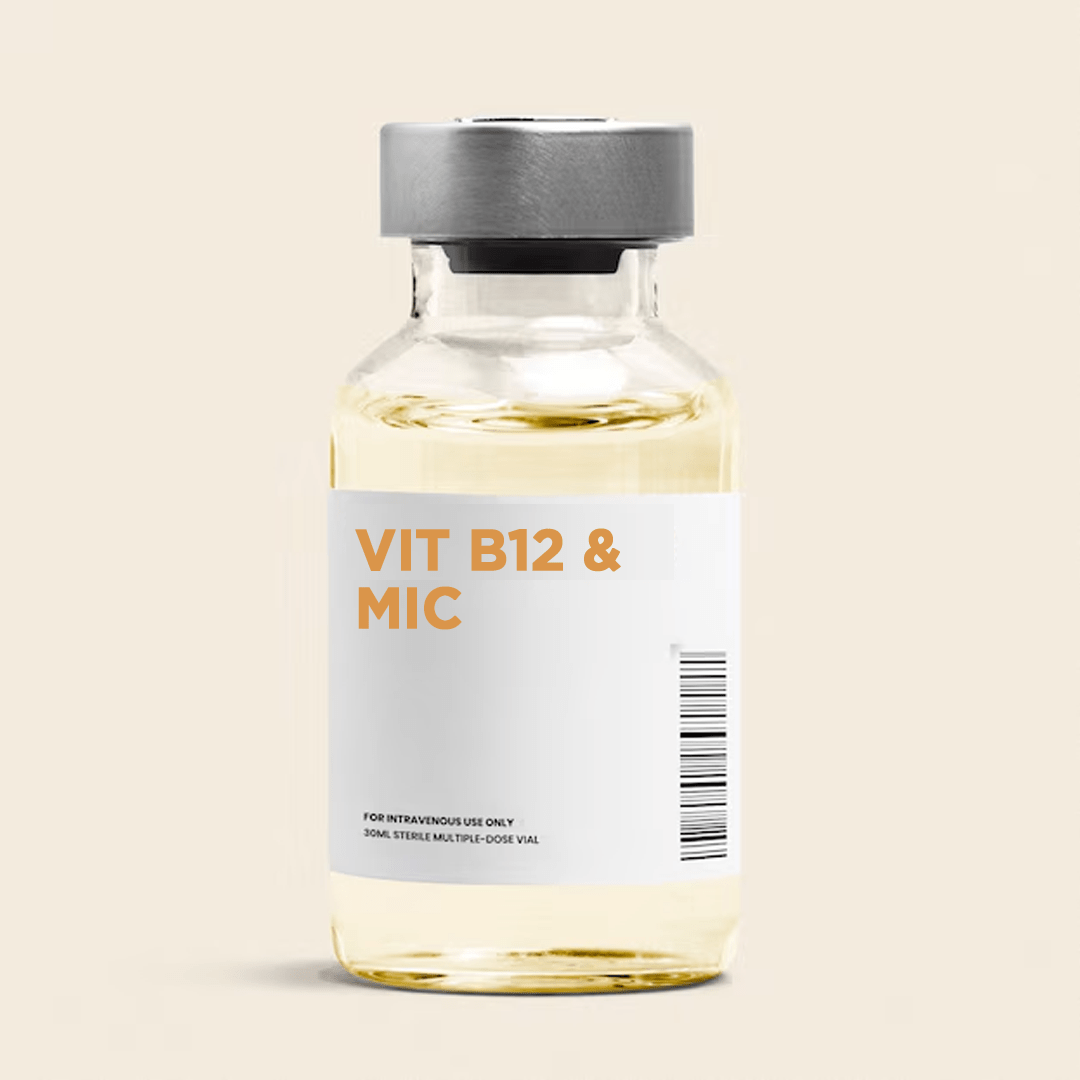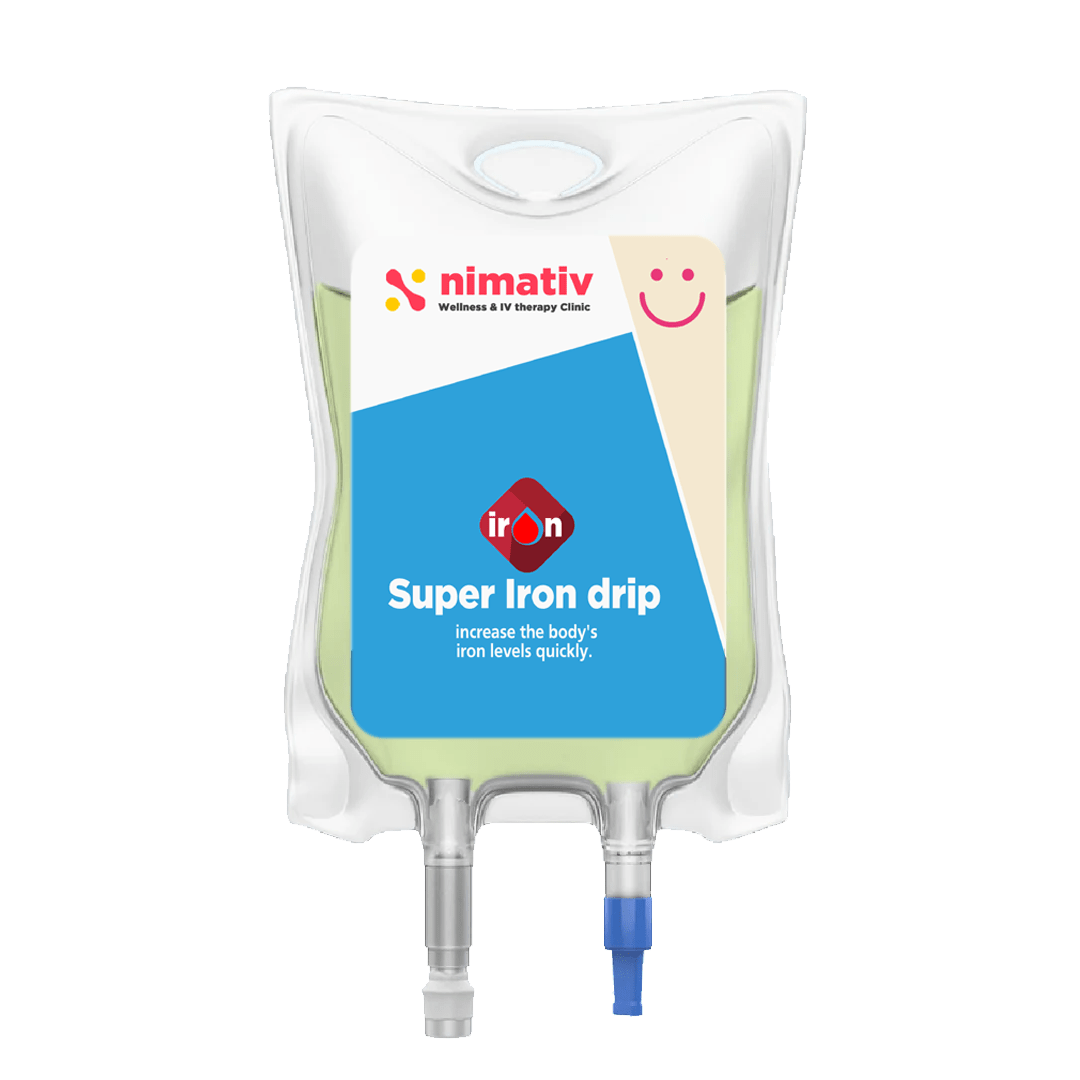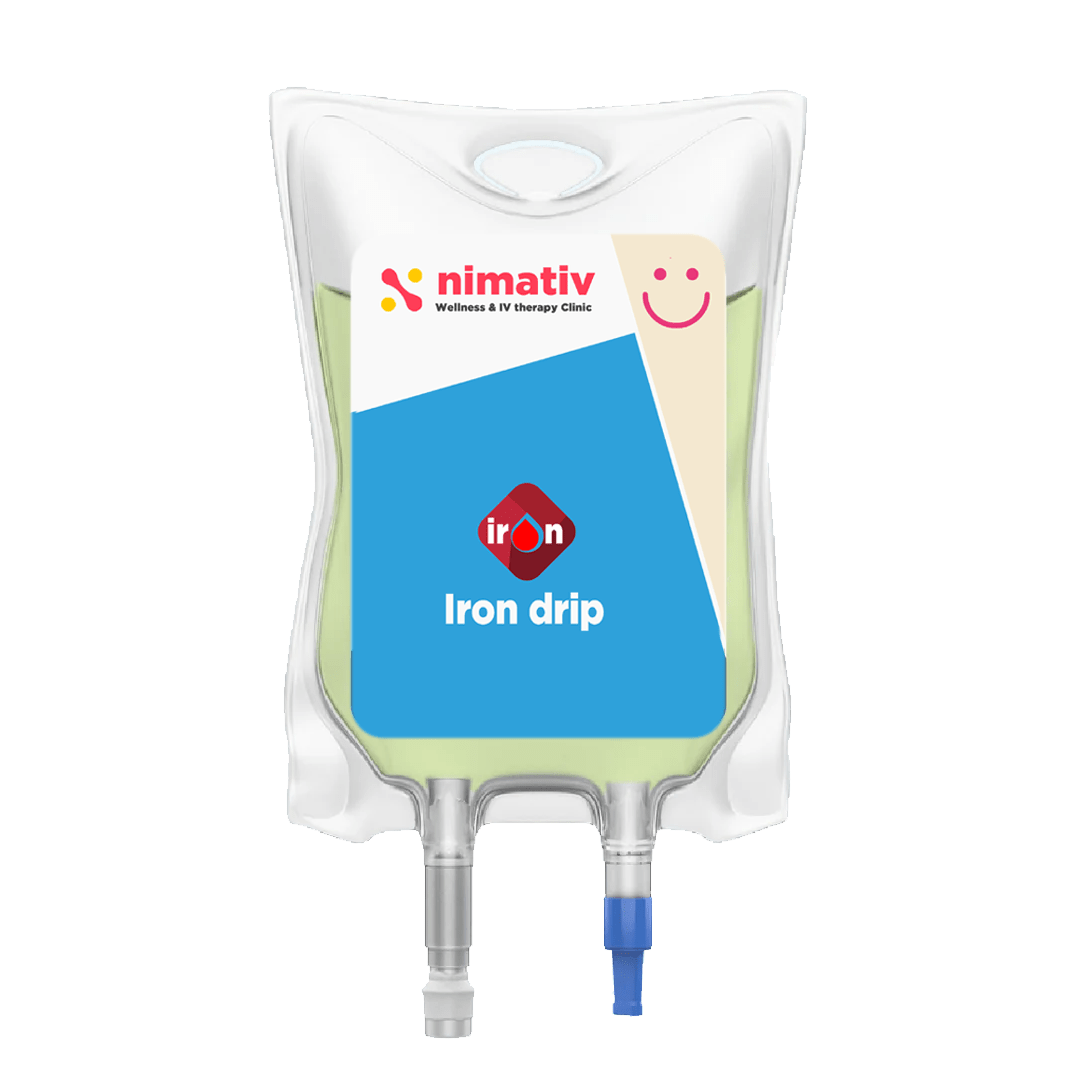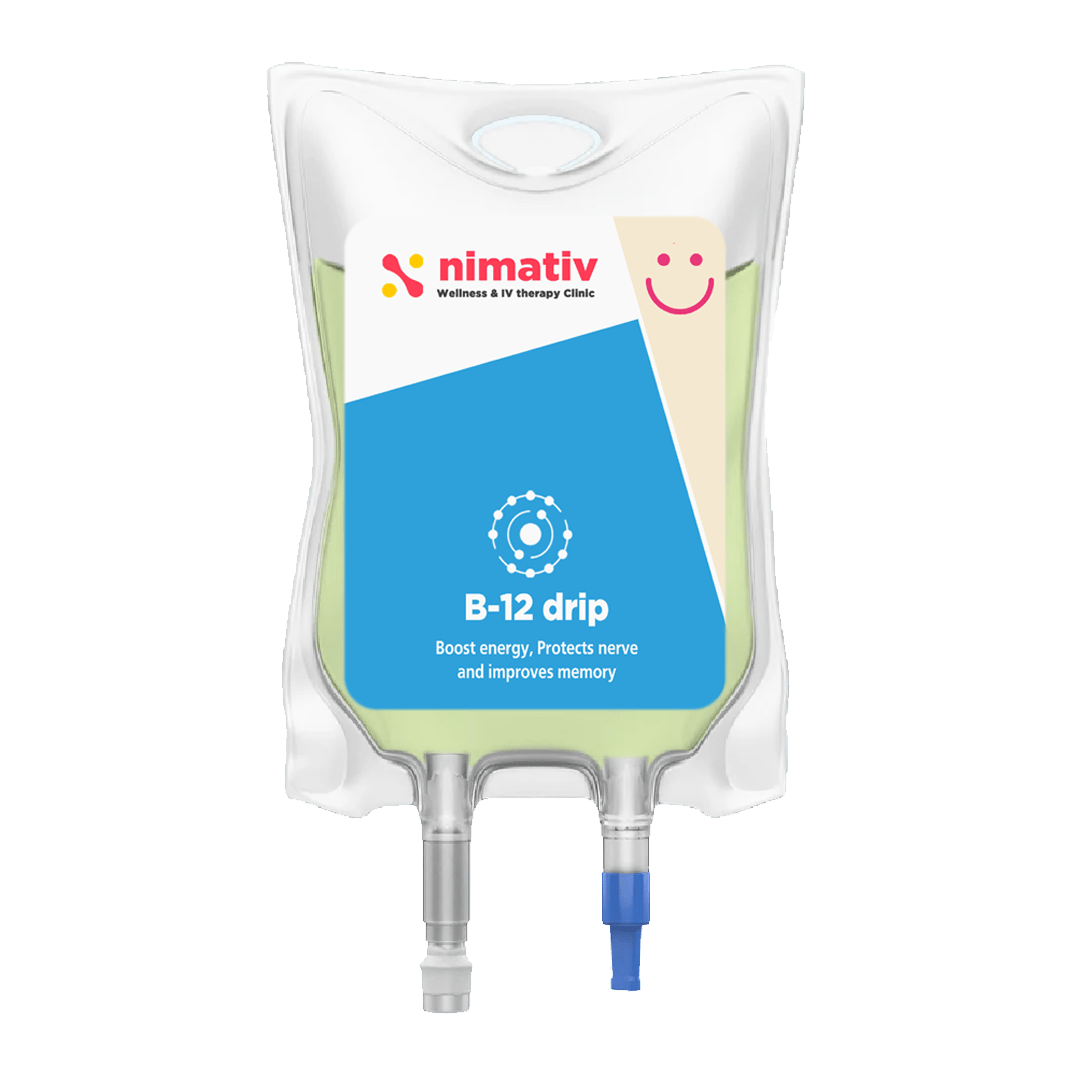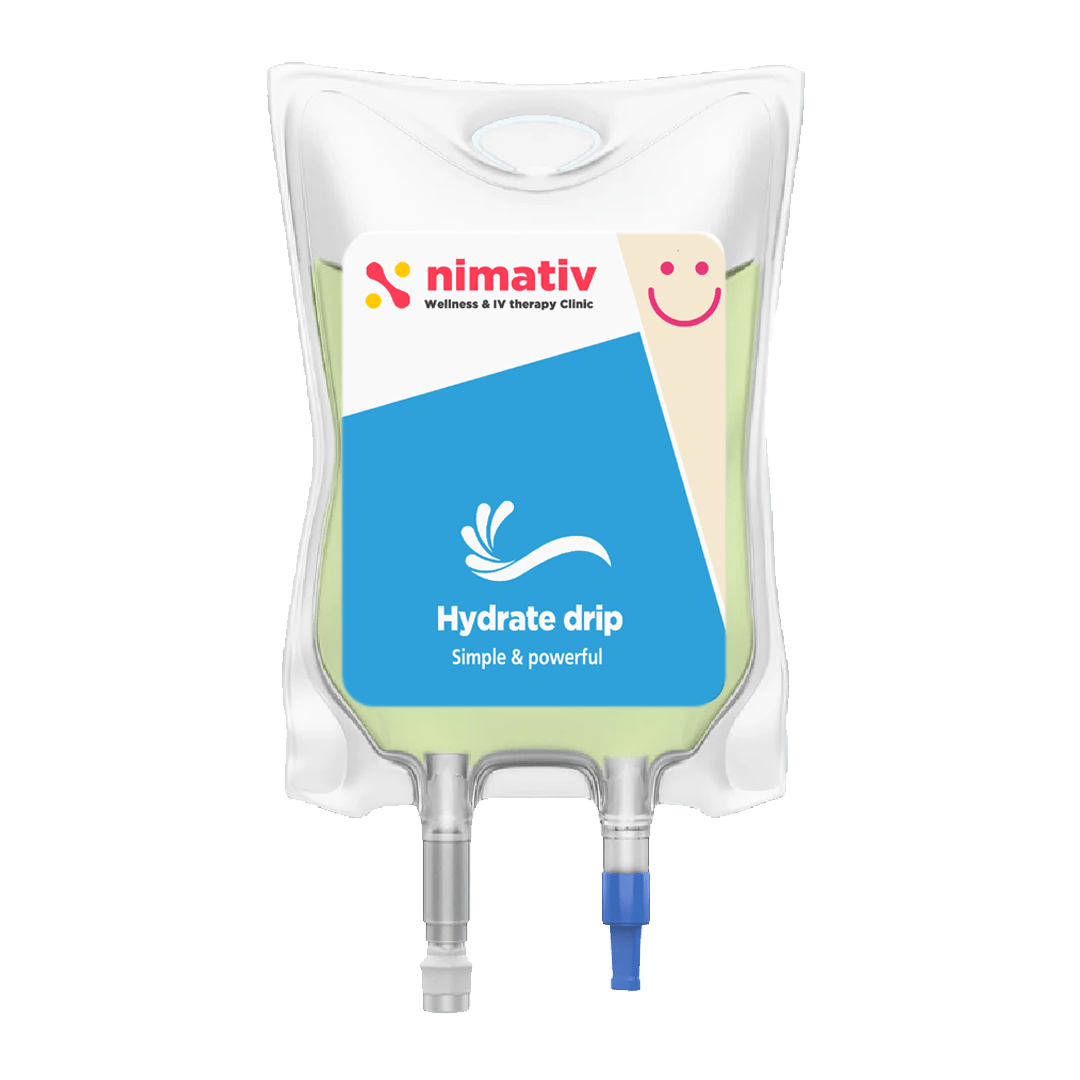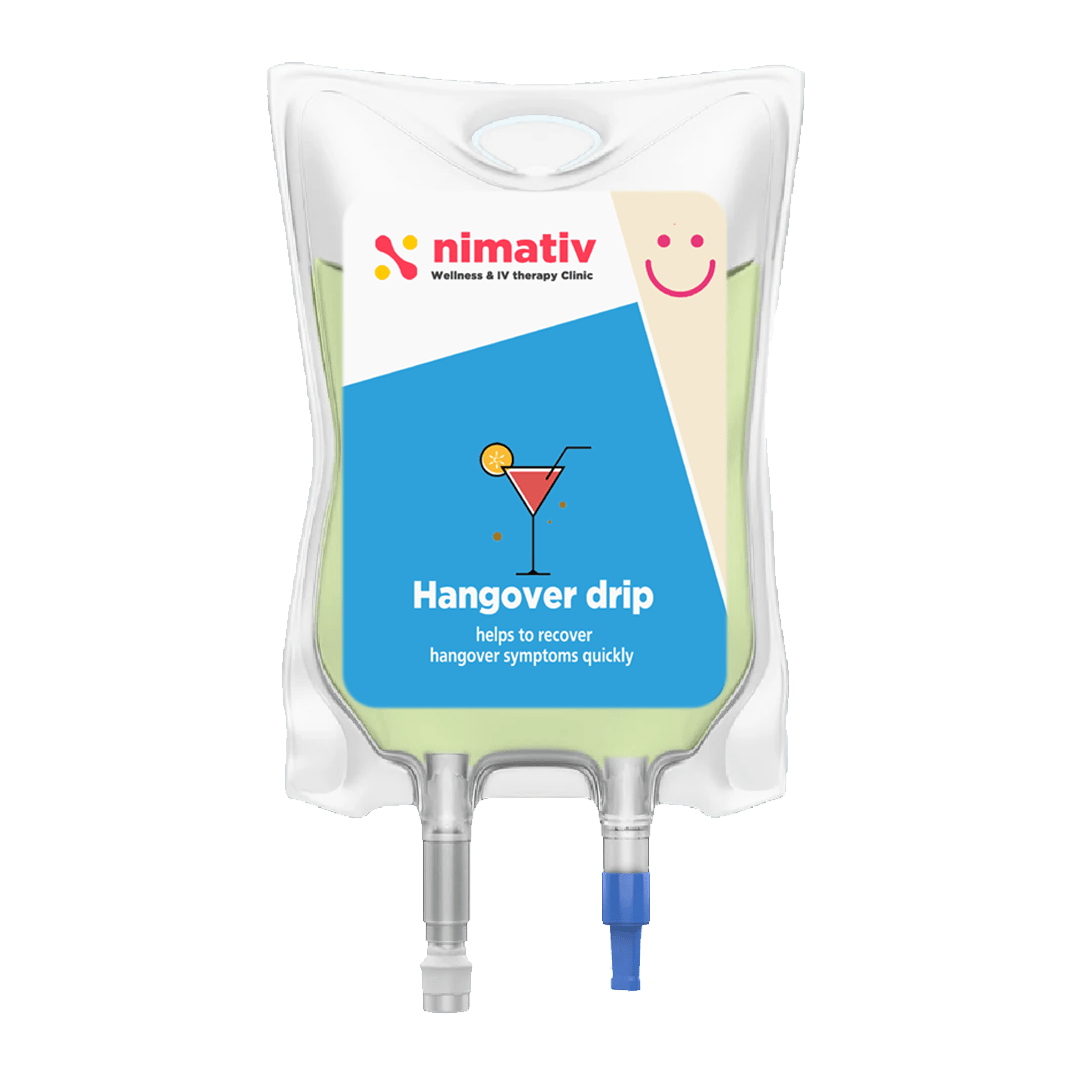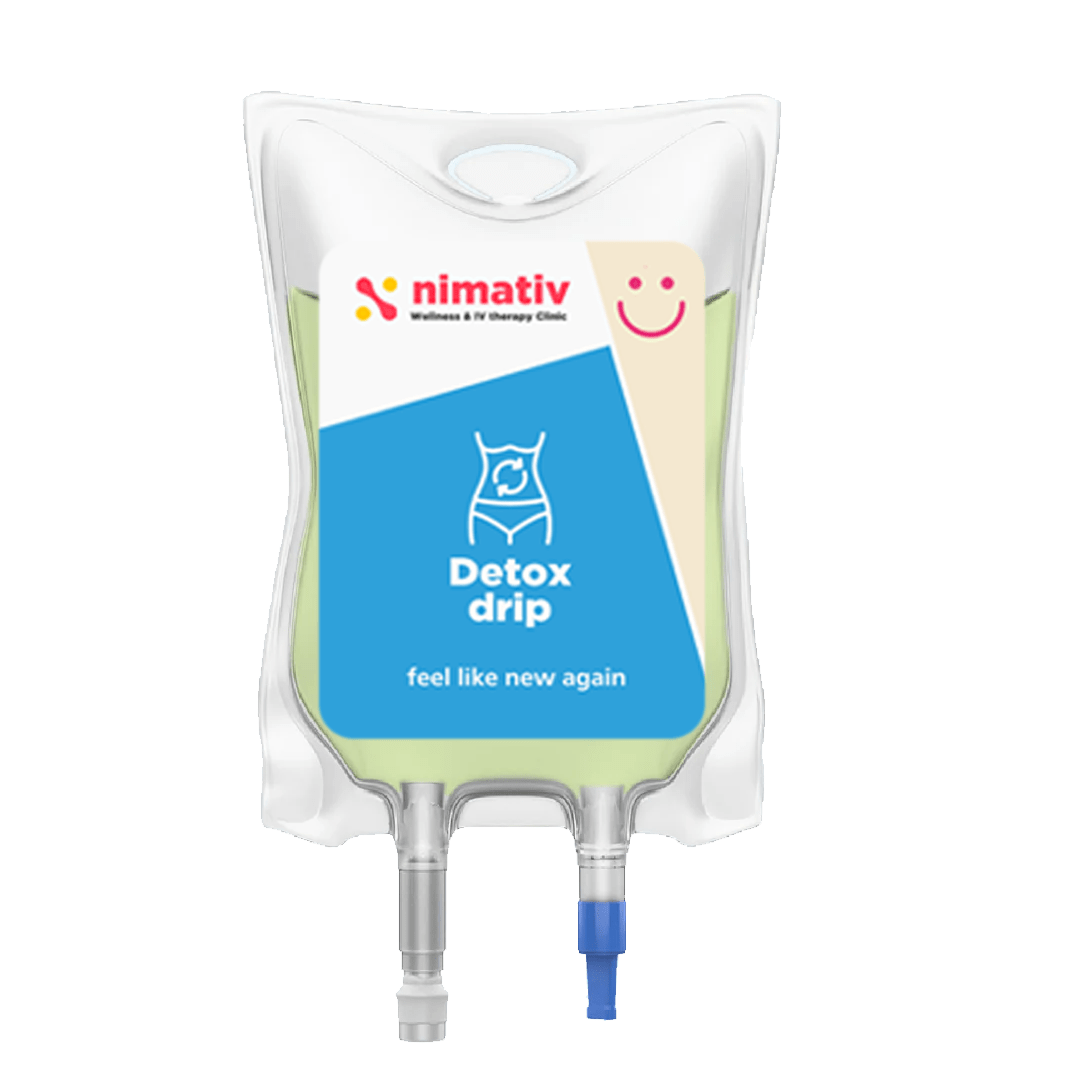Understanding the Science of Aging
Aging is a natural biological process where your body’s optimal function gradually declines across multiple systems. As time goes on, your cardiovascular, musculoskeletal, immune, and cognitive health all undergo changes. The science of aging shows us that this isn’t just about getting older—it’s about understanding how our cells, tissues, and organs react to years of environmental exposure, metabolic stress, and genetic programming.
The Role of Cellular Decline in Aging
At the core of aging science is cellular decline. Over time, our cells experience damage through various mechanisms:
- DNA damage caused by environmental toxins and oxidative stress
- Dysfunctional proteins affecting cellular machinery
- Shortening telomeres limiting our cells’ ability to replicate
- Decreased efficiency of cellular repair mechanisms
Understanding these processes empowers you to make informed decisions about your health. When you comprehend how cellular decline occurs, you can target specific pathways to support your body’s natural repair systems.
The Concept of Longevity Wellness
Longevity wellness is more than just living longer—it emphasizes preserving vitality and function throughout our lives. The exciting news? Research shows that we can naturally slow down the aging process through targeted lifestyle changes.
Strategies for Supporting Cellular Health
Here are some strategies that have been shown to support cellular health and promote healthy aging at the molecular level:
- Following a nutrient-dense diet rich in antioxidants
- Exploring innovative approaches like NAD+ IV therapy
- Engaging in regular physical activity
- Managing stress levels through mindfulness practices
- Prioritizing quality sleep
By incorporating these strategies into your daily routine, you can take proactive steps towards maintaining your overall well-being as you age.
The Biology Behind Cellular Aging
Cellular aging is a complex biological process where the basic building blocks of your body gradually lose their ability to function properly. On a microscopic level, aging is seen through the buildup of DNA damage and molecular defects that weaken cells. This damage occurs over time due to ongoing internal processes and external factors, resulting in genetic errors that accumulate over many years.
How Telomere Shortening Affects Cell Replication
One key factor in cellular aging is telomere shortening, which limits how many times your cells can divide. Telomeres are protective structures made of DNA and proteins that sit at the ends of chromosomes, acting as timers for cells. Each time a cell divides, its telomeres get shorter until they reach a critical length that triggers the cell to stop dividing or die. This natural mechanism directly affects how many times your cells can successfully reproduce.
The Role of Oxidative Stress in Cellular Damage
Another major contributor to cellular aging is oxidative stress. During normal metabolism, your cells produce reactive oxygen species (ROS), which are highly reactive molecules that can cause damage. Additionally, environmental toxins from sources like pollution, processed foods, and chemical exposure worsen this damage. These free radicals attack various parts of the cell, including:
- Cell membranes – disrupting nutrient transport
- Mitochondria – reducing energy production
- Proteins – altering their structure and function
- Nuclear DNA – causing mutations and errors
The Visible Signs of Aging Cells
As we age, our body’s repair mechanisms become less efficient at fixing this damage. This decline leads to noticeable changes in our appearance and abilities, such as decreased skin elasticity, weakened muscles, and impaired cognitive function—the hallmark signs of aging.
Natural Ways to Slow Down Cellular Aging
The science behind aging and how to slow it down naturally reveals that you have significant control over your cellular health through daily lifestyle choices. An anti-aging lifestyle doesn’t require expensive treatments or complex protocols—it starts with fundamental changes that support your body’s natural repair mechanisms.
Your cells face constant threats from free radicals, environmental toxins, and metabolic byproducts. The good news is that specific natural ways to slow aging can dramatically reduce this cellular damage while enhancing your body’s protective systems.
1. Nutritious Diet Rich in Antioxidants
Your dietary choices directly influence how fast your cells age. A healthy diet for aging focuses on foods that neutralize harmful free radicals and provide essential nutrients for cellular repair. Antioxidants are the main defense against oxidative stress, which is the primary cause of cellular decline.
Power of Berries
Berries are packed with antioxidants like anthocyanins and vitamin C. Blueberries, blackberries, and strawberries have some of the highest concentrations of these compounds found in nature. They can even cross the blood-brain barrier, protecting brain cells from age-related damage. This makes them a great addition to your diet, especially considering their potential benefits in fighting dementia as highlighted in this article about brain-boosting foods.
Benefits of Leafy Greens
Leafy greens such as spinach, kale, and Swiss chard are rich in folate, vitamin K, and carotenoids that support DNA repair processes. The chlorophyll in these vegetables acts as a natural detoxifier, helping your cells get rid of harmful substances that speed up aging. Incorporating these into a healthy liver diet can further enhance your overall health.
Importance of Nuts and Seeds
Nuts and seeds provide vitamin E, selenium, and healthy fats that keep cell membranes intact. Walnuts contain omega-3 fatty acids that reduce inflammation, while almonds offer vitamin E that shields cellular structures from oxidative harm.
The benefits of consuming antioxidant-rich foods go beyond basic nutrition. These compounds enhance your body’s ability to recover from exercise, reduce oxidative stress caused by physical activity, and support the cellular changes that make exercise so effective for living longer.
To get the most out of antioxidants:
- Eat a colorful variety of fruits and vegetables every day.
- Combine different types of antioxidants for synergistic effects that boost cellular protection.
2. Regular Physical Activity
Exercise for longevity is one of the most powerful tools in your anti-aging lifestyle arsenal. The science behind aging and how to slow it down naturally shows that physical activity directly fights against cellular decline through various biological processes.
The Benefits of Aerobic Exercises
Aerobic exercises like walking, swimming, and cycling have significant benefits for your heart health. These activities strengthen your heart muscle, improve blood circulation, and enhance oxygen delivery to cells throughout your body. When you do regular aerobic exercise, you’re essentially giving your cardiovascular system a daily tune-up that keeps it functioning optimally for years to come.
The Importance of Strength Training
Strength training helps maintain muscle mass and bone density, two critical factors that usually decline with age. Resistance exercises stimulate protein synthesis and promote the growth of new muscle fibers, effectively reversing age-related muscle loss.
The Role of Flexibility Exercises
Flexibility exercises such as yoga and tai chi maintain joint mobility while reducing inflammation markers in your body. These gentle movements support your body’s natural repair mechanisms and help prevent the stiffness that often comes with aging.
The natural ways to slow aging through exercise go beyond physical benefits—regular activity also stimulates the production of growth factors that support brain health and cognitive function.
3. Effective Stress Management Techniques
Chronic stress is like a hidden speed boost for cellular aging. It sets off a chain reaction of biological changes that harm your body at the molecular level. When you’re stressed for a long time, your body releases high amounts of cortisol and other stress hormones, causing an imbalance in hormones that messes up normal cell repair processes.
The science behind aging and how to slow it down naturally shows that chronic stress directly affects your immune system’s ability to fight inflammation and cellular damage. Elevated cortisol levels weaken immune function while also increasing oxidative stress throughout your body. This one-two punch creates the perfect conditions for faster aging at the cellular level.
Stress reduction aging techniques are essential for any effective anti-aging lifestyle. Studies show that people who regularly manage their stress age biologically slower than those who live with chronic stress.
Simple yet powerful techniques can transform your body’s stress response:
- Meditation and mindfulness practices reduce cortisol production while promoting cellular repair
- Deep breathing exercises activate your parasympathetic nervous system, countering stress-induced inflammation
- Progressive muscle relaxation helps reset your body’s stress response mechanisms
- Regular yoga or tai chi combines physical movement with stress reduction for maximum anti-aging benefits
These natural ways to slow aging work by restoring hormonal balance and supporting your immune system’s protective functions.
4. Prioritizing Adequate Sleep
Your body does its most important work to fight aging while you sleep. During deep sleep, your cells activate powerful repair mechanisms that fix daily damage and support longevity at the molecular level.
Quality sleep drives three essential anti-aging processes:
- Tissue repair and regeneration – Growth hormone peaks during sleep, triggering cellular renewal and protein synthesis that counteracts age-related decline
- Memory consolidation – Your brain clears waste products and strengthens connections, protecting cognitive function as you age
- Hormone regulation – Sleep balances cortisol, insulin, and other hormones that directly impact cellular aging when disrupted
Research shows that lack of sleep speeds up biological aging by increasing stress and inflammation markers. People who consistently sleep less than seven hours nightly show shortened telomeres and faster cellular decline compared to those maintaining healthy sleep patterns.
You can optimize your sleep for maximum anti-aging benefits by establishing consistent bedtimes, creating a cool dark environment, and avoiding screens before bed. These simple adjustments activate your body’s natural repair systems, making sleep one of the most powerful natural ways to slow aging available to you.
5. Avoid Harmful Habits
Your anti-aging lifestyle depends heavily on eliminating behaviors that accelerate cellular damage. Smoking is one of the most destructive forces against healthy aging, creating a chain reaction of harmful effects throughout your body.
The Effects of Smoking on Aging
When you smoke, you introduce over 4,000 toxic chemicals into your system, generating massive amounts of free radicals that overwhelm your body’s natural antioxidants. This oxidative damage directly attacks collagen and elastin fibers in your skin, causing premature wrinkles, sagging, and age spots. The smoking effects on skin aging become visible within just a few years of regular use.
Chronic inflammation from smoking disrupts your cellular repair mechanisms, making it impossible for your body to maintain optimal function. Your blood vessels constrict, reducing oxygen and nutrient delivery to cells throughout your body. This process accelerates telomere shortening and DNA damage – key markers of biological aging.
The Impact of Alcohol on Aging
Excessive alcohol consumption creates similar destructive patterns. Alcohol dehydrates your cells, damages your liver’s detoxification capacity, and generates inflammatory compounds that speed up the aging process.
You can protect your cellular health by eliminating these harmful substances and choosing natural ways to slow aging instead.
6. Sun Protection Strategies
Preventing UV damage is one of the most important parts of any anti-aging lifestyle. Ultraviolet radiation goes deep into your skin cells, causing direct DNA damage that speeds up the aging process at the cellular level. When UV rays hit your skin, they produce reactive oxygen species that overwhelm your body’s natural antioxidants, leading to collagen breakdown and elastin fiber destruction.
The science behind aging and how to slow it down naturally shows that sun exposure is responsible for up to 80% of visible signs of aging on the face. Your skin cells find it difficult to repair the ongoing DNA damage caused by sun exposure, resulting in:
- Photoaging – premature wrinkles, age spots, and leathery texture
- Collagen degradation – loss of skin firmness and elasticity
- Cellular mutations – increased risk of developing skin cancer
To protect yourself from the sun, you need to apply SPF 30+ sunscreen every day, even when it’s cloudy. Remember to reapply every two hours and seek shade during peak UV hours (10 AM – 4 PM). Wearing wide-brimmed hats, UV-protective clothing, and high-quality sunglasses can provide extra protection against harmful rays. This natural way to slow aging works together with antioxidants from your healthy diet for aging, offering both internal and external defense against cellular decline.
7. Preventative Healthcare Practices
Regular health screenings are important because they can help you catch age-related diseases early on, before they cause too much damage. These screenings focus on monitoring specific markers in your body that can give you an idea of how quickly you’re aging.
Here are some essential screenings that you should make a priority:
- Blood pressure monitoring – High blood pressure can harm your blood vessels and speed up the aging process of your heart and circulatory system.
- Cholesterol level assessments – Elevated cholesterol levels can lead to the buildup of plaque in your arteries and cause inflammation at a cellular level.
- Diabetes risk evaluation – High blood sugar levels can result in damage to proteins and DNA through a process called glycation.
- Bone density scans – Detecting osteoporosis early on can help prevent fractures that limit your ability to move around.
- Cancer screenings – Procedures like mammograms, colonoscopies, and skin checks can identify cancers before they have a chance to spread.
Your healthcare provider can pick up on subtle changes in these markers long before any symptoms show up. This proactive approach gives you the opportunity to make targeted changes in your lifestyle to combat aging, such as:
- Adjusting your diet to include more foods that promote healthy aging
- Adding specific antioxidants into your routine
- Modifying your exercise regimen to maximize its benefits for longevity
By staying on top of these screenings and making necessary adjustments based on their results, you can take control of how you age and potentially slow down the aging process.
Advanced Anti-Aging Therapies Enhancing Longevity
Modern medicine has introduced cutting-edge IV therapy longevity benefits that target aging at the cellular level. These advanced treatments deliver concentrated nutrients directly into your bloodstream, bypassing digestive limitations and ensuring maximum absorption for optimal anti-aging results.
NAD+ IV Drip: A Breakthrough in Cellular Rejuvenation
NAD+ IV drip advantages represent a breakthrough in cellular rejuvenation therapy. This powerful coenzyme plays a crucial role in DNA repair, energy production, and cellular metabolism. As you age, NAD+ levels naturally decline by up to 50% by age 50, contributing to mitochondrial dysfunction and accelerated aging. NAD+ IV drip benefits include:
- Enhanced cellular repair mechanisms
- Improved mitochondrial function and energy production
- Reduced oxidative stress and inflammation
- Better cognitive performance and mental clarity
- Increased physical endurance and recovery
Energy IV Drip: Revitalizing Your Body from Within
Energy IV drip benefits extend beyond basic nutrition supplementation. These specialized formulations combine B-vitamins, amino acids, and antioxidants to combat fatigue and restore vitality. You experience immediate improvements in energy levels, mental focus, and physical performance.
Emerging Destinations for Anti-Aging Treatments
Cities like Bangalore and Hyderabad have emerged as leading destinations for anti-aging treatments, offering state-of-the-art facilities and experienced practitioners. Anti-aging therapy through IV infusions provides measurable improvements in biomarkers associated with cellular health, making these treatments increasingly popular among individuals seeking evidence-based longevity solutions.
These therapies complement natural aging interventions by addressing cellular deficiencies that diet and lifestyle changes alone cannot fully correct.
Functional Medicine and Biohacking Approaches to Aging
Functional medicine anti-aging represents a shift from conventional medicine by addressing the underlying causes of cellular deterioration. This approach looks at your unique biochemical makeup, identifying specific deficiencies and imbalances that speed up aging processes. Practitioners focus on improving mitochondrial function as these cellular powerhouses generate the energy your body needs for optimal repair and regeneration.
Your mitochondria become less efficient with age, producing fewer ATP molecules while generating more harmful free radicals. Functional medicine anti-aging protocols target this decline through personalized interventions including:
- Targeted supplementation with CoQ10, PQQ, and alpha-lipoic acid
- Hormone optimization to restore youthful metabolic function
- Nutrient testing to identify and correct specific deficiencies
- Detoxification protocols to reduce cellular burden from environmental toxins
Biohacking for Longevity
Biohacking for longevity takes a data-driven approach to aging intervention. Caloric restriction, when implemented properly, activates cellular autophagy—your body’s natural cleanup mechanism that removes damaged proteins and organelles. Research shows that reducing caloric intake by 20-25% while maintaining nutritional density can extend lifespan and improve healthspan.
Advanced biohackers use continuous glucose monitors to optimize metabolic flexibility, practice intermittent fasting to enhance cellular repair mechanisms, and employ cold therapy to stimulate mitochondrial biogenesis. These evidence-based interventions work together with functional medicine protocols to create comprehensive anti-aging strategies tailored to your individual biological profile.
Incorporating insights from both functional medicine and biohacking can significantly enhance our understanding and approach towards aging.
Holistic Solutions for Healthy Aging
Holistic anti-aging solutions go beyond just physical treatments. They include all aspects of human well-being. The science behind aging and how to naturally slow it down shows that mental, emotional, and social factors are just as important as physical ones in determining your biological age.
Mental Stimulation and Cognitive Preservation
Your brain needs regular challenges to stay flexible and maintain its ability to learn. Here are some ways to keep your mind active:
- Learning new languages or musical instruments
- Solving crossword puzzles and sudoku
- Reading complex literature
- Playing strategic games like chess
- Exploring new hobbies that require skill development
Studies have shown that people who consistently engage in activities that challenge their minds experience slower cognitive decline and have a lower risk of dementia.
Social Connections as Longevity Boosters
Having strong social connections can actually help you live longer. When you have a supportive network of friends and family, it can positively affect your stress levels and immune system. Here’s how meaningful relationships can benefit you:
- Better coping skills: When faced with difficulties, having someone to talk to or lean on can help you process those challenges more effectively.
- Sense of purpose: Meaningful connections can provide a sense of purpose in life, which is associated with better health outcomes.
- Reduced inflammation: Studies suggest that positive social interactions may lower inflammation markers in the body, potentially slowing down certain aging processes.
- Stress reduction: Emotional support from loved ones can help lower cortisol levels (the stress hormone), which has various health benefits.
The Power of Positive Mindset
Your mindset plays a significant role in how you age. Having a positive outlook on life can protect against stress-related damage at the cellular level and encourage healthier lifestyle choices. Holistic aging solutions understand the importance of mental health in promoting longevity.
Practices such as optimism, gratitude exercises, and prioritizing emotional well-being have been shown to bring about measurable improvements in markers associated with aging. This makes mental health an integral part of any comprehensive anti-aging plan.
FAQs (Frequently Asked Questions)
What is the biological process behind aging and why is understanding cellular decline important?
Aging is a natural biological process characterized by cellular decline, including DNA damage, telomere shortening, and oxidative stress. Understanding these cellular mechanisms is crucial for developing strategies to slow down aging naturally and promote longevity.
How does oxidative stress contribute to cellular aging and what can be done to mitigate its effects?
Oxidative stress results from an imbalance between free radicals and antioxidants, leading to molecular damage in cells. This accelerates cellular aging. Consuming a nutritious diet rich in antioxidants from berries, leafy greens, and nuts, along with regular exercise, helps combat oxidative stress and supports healthy aging.
What lifestyle habits are effective in slowing down the aging process naturally?
Key lifestyle factors include maintaining a balanced diet rich in antioxidants, engaging in regular physical activity like walking or swimming, managing stress effectively, prioritizing adequate sleep for tissue repair and hormone regulation, avoiding harmful habits such as smoking, and protecting skin from UV radiation.
How do advanced therapies like NAD+ IV drips support anti-aging and longevity?
NAD+ IV therapy enhances cellular repair and mitochondrial function, which are vital for energy production and slowing cellular decline. These advanced anti-aging treatments boost vitality and improve overall mitochondrial health, contributing to increased longevity.
What role does functional medicine and biohacking play in promoting healthy aging?
Functional medicine targets the root causes of accelerated aging by improving mitochondrial efficiency. Biohacking techniques such as caloric restriction and targeted supplementation promote longevity at the cellular level by optimizing metabolic functions and reducing age-related decline.
Why are holistic approaches important for healthy aging, especially regarding mental health?
Holistic anti-aging solutions emphasize mental stimulation through puzzles or learning new skills to preserve cognitive health. Maintaining strong social connections provides emotional support that enhances resilience against stress. Additionally, cultivating a positive mindset plays a significant role in supporting a healthy aging journey.









